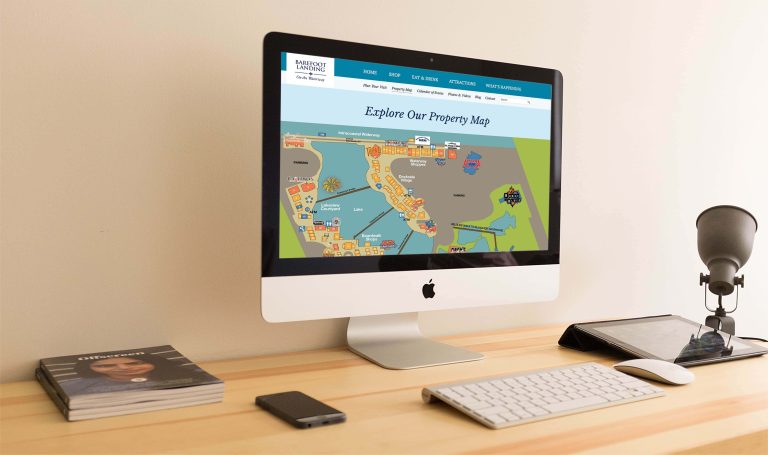
Mobile Development — App vs Website
Introduction
Are you familiar with the feeling of opening a web page on your phone or tablet and it’s not mobile friendly? The majority of people will close these pages because they don’t have a responsive design and because it is difficult to scroll and find the information they are looking for.
Having in mind that as of 2018, 58% of website visits are made on mobile devices, the team at Mane believes there isn’t a choice between mobile apps and mobile websites. Actually, it is more a question of your app development strategy in terms of whether you will develop a mobile app along with a mobile website or not.
We will analyze the current situation (on the app development market), with the intention of giving you enough information so you can make an informed decision.
Native Apps
Technically speaking, the native mobile app development process includes designing for different platforms, like iOS and Android. Apps are coded in different programming languages, of course. And because of complexity, this process can be more expensive than mobile web development itself. However, nowadays, we should not neglect cross-platform mobile development which enables clients to develop a mobile app that can be used on multiple mobile platforms.
Also, research shows that about 90% of the time spent on mobile devices, users are on apps. However, we should have to take into consideration that Facebook, Instagram, LinkedIn, Messenger, Whatsapp, Slack, Gmail, Skype, Yahoo and more apps that all of us use, at least daily, are apps that prevail when speaking about time spent on mobile devices. In other words, after being on those widely popular apps, the time left is often spent visiting our favorite sites or searching through Google to find information that we’re interested in.
From the perspective of a business that tries to reach their potential customers, we can say that apps are a potential channel of communication made on mobile devices. On the other side, for brands that have an established base of customers, especially in the field of e-commerce or gaming, mobile apps play an important role.
An app is on the user’s phone, CONSTANTLY.
Do you know that feeling when you unlock your phone and you see an app that you completely forgot downloading? It is definitely one advantage of a mobile app and it doesn’t really happen with a website, unless you bookmarked it or left the tab open. Also, the app on your phone is like a permanent ad that builds awareness.
Even offline, an app still works…
…and can perform at least some of the tasks. Sometimes, it can provide a huge advantage, if a user needs to check important information. A good example can be a situation in which a person drives to an unknown address. In that case, he or she will be able to open a map that will navigate them even if they are offline at that moment.
From the perspective of your business, if you can offer a customer any information they may need at any moment, then this advantage can be taken into account during the process of choosing the platform and features.
Additional Features
Compared to traditional websites, apps allow businesses to send notifications, i.e. a kind of message to users based on their preferences, behavior, etc. They can also access built-in device features (e.g. the camera, GPS, location), which leads to a more convenient user experience.
Responsive Websites
Visibility of Your Business
Compared to apps, if customized well, one website can be accessible across all platforms, devices, and browsers. Not only will it be a cheaper solution, but it will be much easier to manage. Also, you won’t risk inconsistent design appearing on different channels of communication.
If your business grows and you try to reach as many customers as possible, you will accomplish your goal with a website that is searchable on Google. People will be able to find it when googling related terms. You will be able to compete with similar businesses on equal or better footing.
Speaking of the reachability of the brand, mobile websites are in advantage as URLs can be easily shared. In this era of social media, this is huge.
Search Engine Optimization
Although there are iOS and Android app markets, the App Store and Google Market, and a degree of optimization for them, when speaking about SEO, we think of Google and other search engines like Yahoo! and Bing.
In that sense, it is important to mention that Google ranks websites higher when they are fast, have a clear UI, and are responsive for smartphones, tablets, etc. According to Google, 53% of users will abandon a site if it takes longer than 3 seconds to load. It is one of the additional reasons to consider a responsive website in the scope of your mobile development strategy regardless of your possible doubts about creating an app.
Have you heard about PWA and AMP?
Those two abbreviations, which aren’t so novel in the sphere of mobile development anymore, are Google’s attempt to make websites more mobile-friendly, i.e. easier for loading on mobile devices. Clients ask us in our agency often about them, so we wanted to mention them here.\
- Progressive Web Apps try to bring apps and websites closer together, i.e. they do it by improving websites and giving them some apps’ functionalities. Among other benefits, PWA enables all URLs to load while offline, makes page transitions smooth, and unlocks some functionality originally related to apps: offline access, timely push notifications, native UI from Payment Request API, etc.
- Accelerated Mobile Pages is Google’s project with an aim similar to PWA but with a different approach. By introducing AMP, Google tends to reduce the loading times on select pages for mobile users. AMP is a web component framework based on AMP HTML and AMP JS, simplified versions of HTML and JS, which Google uses to host those pages on its Google AMP Cache and to easily show them to a visitor when he or she clicks on them. With the potential disadvantage of some features that this framework brings with itself, its aim is to speed up the rendering of pages that have been achieved.
According to their needs and goals, businesses have to decide which mobile development strategy they will choose. However, as we mentioned several times in this article, the app and website should not be managed exclusively. In reality, they can complement each other in a meaningful way.
Mane Digital is a digital product design & development agency that has extensive experience in building both web and mobile apps for various clients. Also, it has been selected among the Top Interactive Design Agencies by Designrush.



